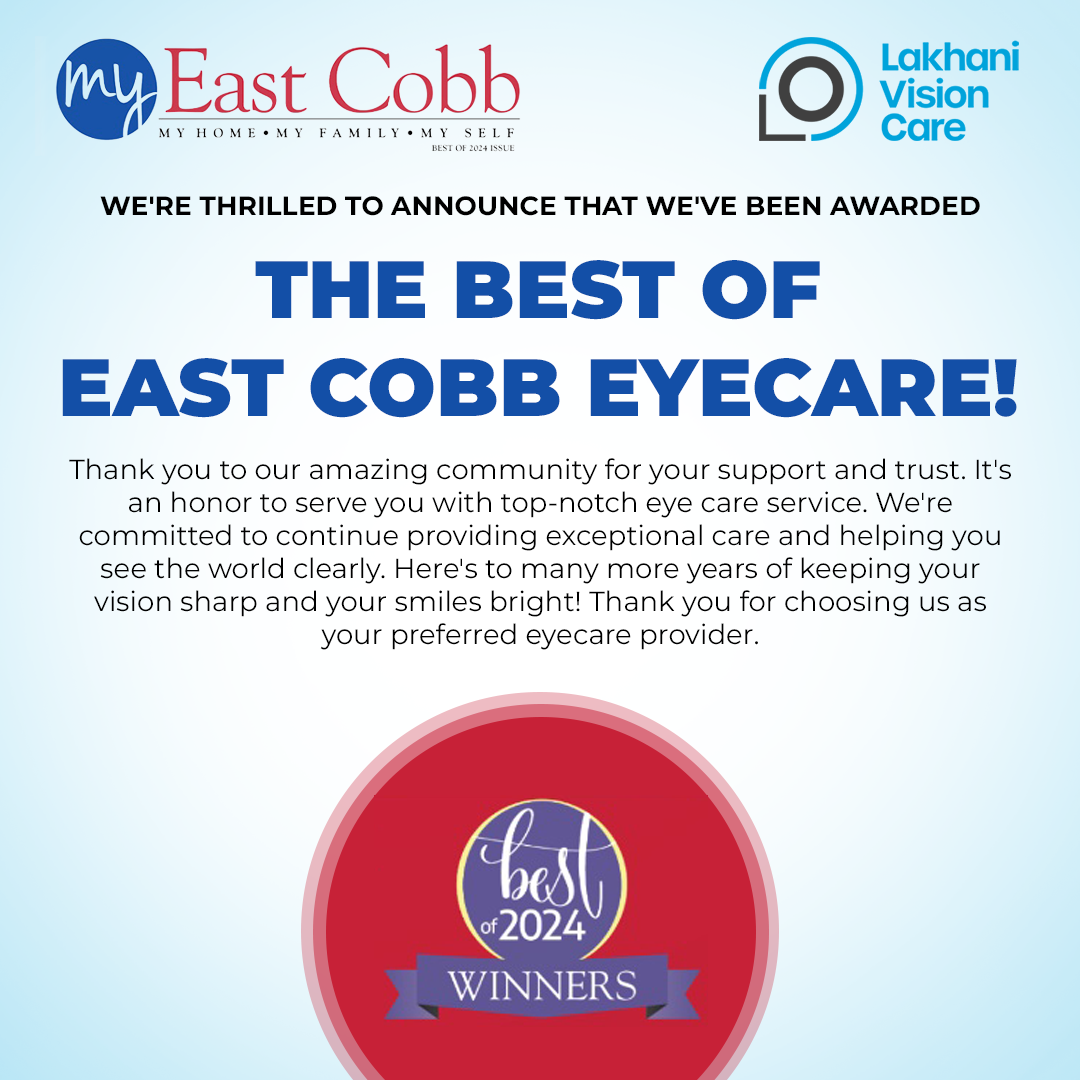
Senior eye care is crucial for maintaining optimal vision and overall eye health as we age. As individuals grow older, they become more susceptible to age-related eye conditions. Regular comprehensive eye exams play a key role in early detection and management of these conditions, helping to preserve vision and prevent potential vision loss. By staying proactive with eye care and seeking timely professional assistance, seniors can enjoy clear, comfortable vision and ongoing eye health for years to come.
Common Eye Conditions in Seniors
As we reach our golden years, there are several eye conditions that become more prevalent. These conditions can have a significant impact on our vision and overall quality of life.
Presbyopia: This condition affects near vision, making it difficult to focus on close objects. It is a normal part of aging and is typically addressed with reading glasses or multifocal lenses.
Floaters and Flashes: As the vitreous inside the eye changes with age, it can lead to the perception of floaters (small dark spots or lines) and flashes of light. While often harmless, sudden onset of floaters and flashes may indicate a retinal tear or detachment and should be promptly evaluated.
Age-Related Macular Degeneration (AMD): AMD is a leading cause of vision loss in older adults. It affects the macula, the central part of the retina, leading to blurred or distorted central vision. There are two forms of AMD, dry AMD, and wet AMD, with the latter being more severe.
Cataracts: Cataracts are a common age-related condition characterized by the clouding of the eye's natural lens. This can lead to blurry vision, glare, and difficulty seeing in low-light conditions.
Glaucoma: Glaucoma is a group of eye conditions that damage the optic nerve, often due to elevated intraocular pressure. It can result in peripheral vision loss and, if left untreated, may lead to total blindness.
Diabetic Retinopathy: For seniors with diabetes, diabetic retinopathy is a concern. It occurs when high blood sugar levels damage the blood vessels in the retina, leading to vision problems and potential blindness if not managed.
Dry Eye Syndrome: Seniors may experience dry eye syndrome, characterized by insufficient lubrication and moisture on the surface of the eye. It can cause discomfort, redness, and fluctuating vision.

The Benefits of Regular Eye Exams for Seniors
Comprehensive eye exams are crucial for seniors to detect and prevent eye conditions before they progress. These exams can help identify early signs of eye conditions that may not present noticeable symptoms in the early stages. By detecting these conditions early on, seniors can receive timely treatment and intervention, reducing the risk of vision loss and maintaining their overall eye health.
Comprehensive eye exams also play a vital role in monitoring existing eye conditions. Seniors who have been diagnosed with conditions such as AMD or glaucoma need regular check-ups to assess the progression of the disease and determine the effectiveness of their current treatment plan. The earlier any changes are detected, the sooner adjustments can be made to ensure optimal management and preservation of vision.
Senior Eye Care Services and Treatments
Seniors have access to a wide range of eye care services and treatments to address their specific needs. Depending on the condition, treatment options may include medication, lifestyle modifications, or surgical interventions.
In addition to treatment, seniors can benefit from various supportive services to enhance their eye health and overall well-being. Low vision rehabilitation programs can help seniors maximize their remaining vision through the use of assistive devices and strategies. These programs also provide emotional support and guidance to help seniors adjust to any vision loss they may be experiencing.
Schedule a comprehensive eye exam for yourself or a senior loved one today to prioritize optimal eye health and well-being.











